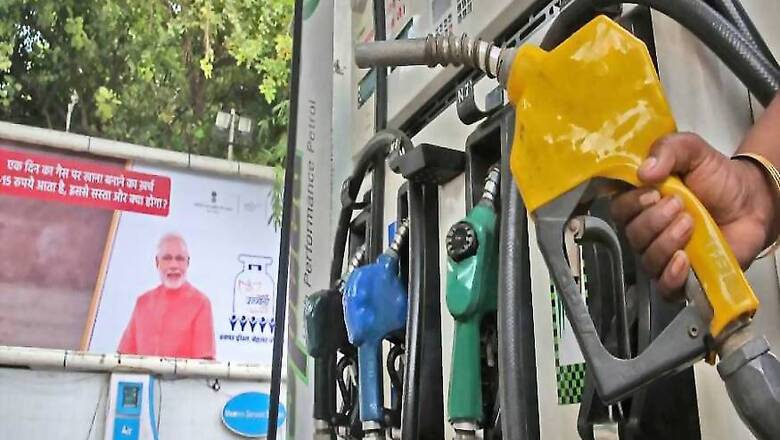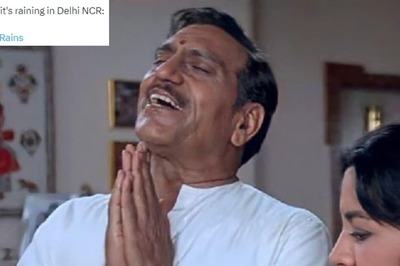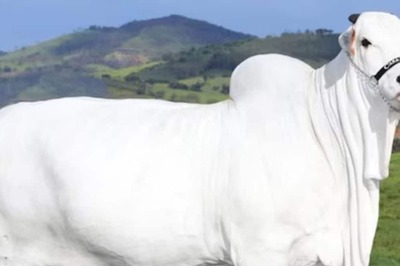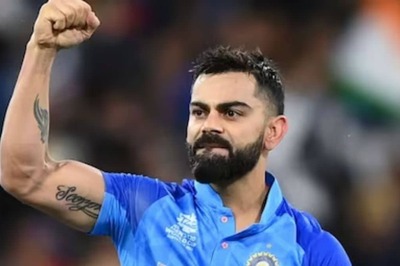
views
OPEC members and 10 other oil producing nations agreed on Friday to cut output by 1.2 million barrels a day in a bid to boost prices, in a worrying sign for the Narendra Modi government ahead of the 2019 elections.
The hike in crude prices would add to the concerns of the government as it would lead to adverse effects on the economy ranging from a higher import bill to a higher current account deficit and renewed pressure on the rupee, which will have a cascading impact.
It may also in all probability tighten the government’s purse strings ahead of the election if it is forced to cut excise duty on fuel at a time when it would want to boost spending to lift economic sentiments.
The OPEC deal - which takes effect from January 1 but has already sent prices surging on oil markets – came after two days of talks at OPEC headquarters in Vienna. "We'll cut 1.2 million bpd total," Iraq's Oil Minister Thamer Abbas al-Ghadhban told reporters after a meeting in Vienna.
He said the amount - equivalent to just over one percent of global production - would comprise an 800,000 bpd reduction by the 14 members of OPEC and 400,000 by the 10 non-cartel partners, including Russia.
OPEC and its partners, which together account for around half of global output, agreed that a glut in the market had led to oil prices falling by more than 30 per cent in two months.
For India, the fall in the prices since October had come as a major relief after petrol and diesel prices touched all-time highs on almost a daily basis and had forced to cut excise duty.
It had also given the government breathing room through key assembly polls in five states that concluded on Friday. But an upward revision now would test the Centre’s political management as it would come under pressure to give another round of excise duty cut.
Between November 12, 2014 and January 31, 2016 the government had raised excise duty on petrol nine times aggregating Rs 9.94 a litre and Rs 11.71 on diesel. So far it has pared the duty twice, aggregating a reduction of Rs 3.50.
India is the world's third largest oil consuming nation, which is more than 80 per cent dependent on imports to meet its energy needs. Led by Prime Minister Narendra Modi, it had been very strongly making a case for OPEC to price crude at reasonable and responsible rates.




















Comments
0 comment